Treasury will release tomorrow final regulations regarding private foundations and their use of a process called “foreign public charity equivalence” or “equivalency determination.” Treasury’s hope in issuing these regulations is to facilitate international grantmaking while ensuring that foundation equivalency determinations are appropriately made.
Background and 2012 proposed regulations. As explained in a prior post, before the 2012 proposed regulations, private foundations wishing to make grants to non-U.S. charities generally had to exercise expenditure responsibility over their grants, or use equivalency determination. Under equivalency determination, a private foundation would make a good faith determination, based on a grantee-completed affidavit or opinion of counsel, that the foreign charity met the basic requirements of a Section 501(c)(3) public charity, but for the fact that the IRS had not recognized the foreign charity as such. Among other things, the 2012 proposed regulations expanded the class of tax practitioners on whose opinion the private foundation could rely, from counsel only to include CPAs and enrolled agents, collectively known as “qualified tax practitioners.”
Final regulations. The final regulations adopted the expansion of the class of “qualified tax practitioners” in the proposed regulations, but otherwise substantially revised them. Key changes include:
- Relying solely on grantee affidavits. Previously, a private foundation grantor could “ordinarily” rely solely on a grantee affidavit to make its good faith determination, without an opinion of a qualified tax practitioner. Now, a grantor may only rely on an affidavit as the sole basis for making a good faith determination where “reasonable and appropriate under the facts and circumstances.” As examples, reliance only on an affidavit may still be appropriate where a foundation manager of the grantor understands U.S. tax law sufficiently to assess the reliability of grantee affidavits, or where the grantee understands U.S. tax law sufficiently to ensure that it has completed the affidavit appropriately.
- DAFs. The final regulations clarify that sponsoring organizations of donor advised funds may use these regulations as guidance for grantmaking to foreign organizations.
- Foreign counsel. The final regulations clarify that foreign counsel may assist in gathering information relevant to the equivalency determination and provide advice to a qualified tax practitioner providing an opinion to the grantor. Unless the foreign counsel is also a “qualified tax practitioner,” however, the grantor may not rely directly upon the foreign counsel’s opinion to make its good faith determination.
Other important items include:
- Shared advice. While acknowledging that grantors’ sharing the advice of a qualified tax practitioner with one another may be economical, IRS and Treasury expressed concern that the foundation receiving shared advice may not be in a position to evaluate its reliability. Therefore, a grantor wishing to rely on written advice from a qualified tax practitioner must receive the advice directly from the qualified tax practitioner (which includes qualified equivalency determination repositories), and not from another grantor.
- Reliance period. For grantees meeting a public support test, the final regulations clarify that the organization may be treated as publicly-supported for two years immediately following the end of the five-year support test period.
- Update to Revenue Procedure 92-94. Treasury intends to update Rev. Proc. 92-94, the revenue procedure outlining the affidavit process that practitioners agree is largely outdated.
- Conforming changes. The final regulations also make minor changes for consistency with prior changes in law, such as the 2006 Pension Protection Act changes that eliminated certain 509(a)(3) supporting organizations from the class of organizations that may receive distributions treated as qualifying distributions and that may receive grants for which expenditure responsibility is not required.
- Transition period. The final regulations provide for a 90-day transition period (through December 24, 2015), during which foundations may distribute grants in accordance with former regulations. Also, a grantor that has made a written commitment on or before September 25, 2015, in accordance with prior procedures may rely on those prior procedures if the committed amount is distributed by September 25, 2020.
Practical aspects. Many private foundation grantors have been using qualified tax practitioners in any event. (This includes, for example, both in-house and outside counsel and CPAs, as well as repositories.) For these grantors, not much may change. Grantors who have been relying on gathering affidavits and making their own good faith determination without the involvement of a qualified tax practitioner, however, should promptly reassess this aspect of their international grantmaking processes.

